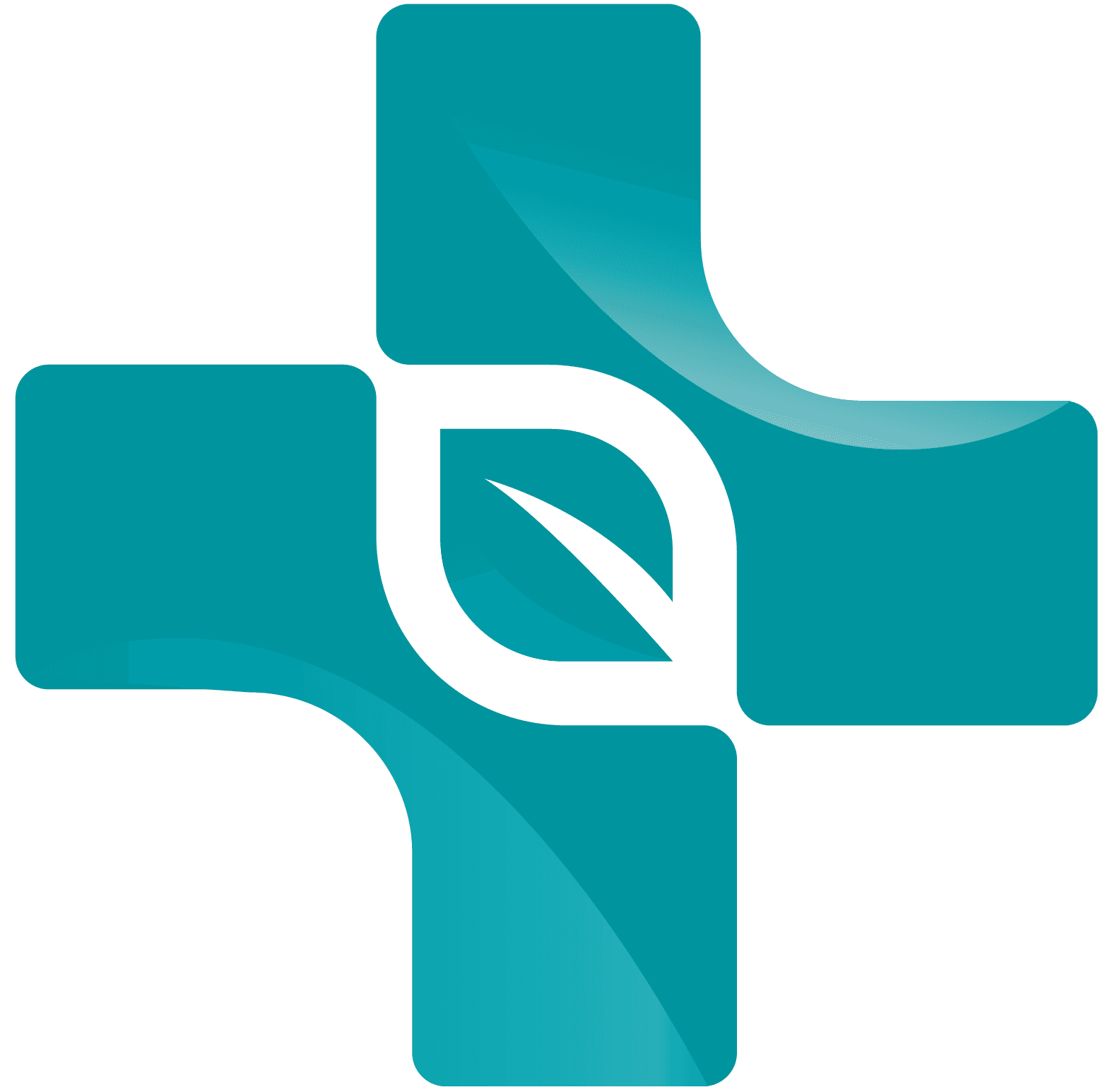This questionnaire is conceived to survey your needs and expectations from the clinical exome gene panel, a comprehensive genetic test covering virtually all disease-associated genes (more than 4800 genes). The data obtained through next-generation sequencing is enormous, and in order to provide you relevant and personalized results, please answer the questions below.
Important: this sequencing panel needs to be done only once for each person. It is possible to have your data analyzed in a few years' time for a peculiar group of hereditary diseases, if the need arises. As our knowledge about the relationship between genes and disease risk expands over time, data reanalysis will yield important new insight for years to come, once this data has been generated once. You get to keep your data and can then decide how to analyze it further, should you wish to.
The reports we generate using the sequencing results of the panel are focused on mutations that are associated with diseases, but most of the mutations found through next-generation sequencing are harmless. The panel only focuses on germline mutations, these are alterations in our DNA that are present since our conception. This is different from the genetic testing on tumor samples, which detects somatic mutations associated with that particular cancerous tissue. Somatic mutations can appear spontaneously or due to some external factors: viruses, radiation, dysfunctionalities caused by mutated proteins due to germline mutations, etc. It is important to understand the potential and limitations of any gene panels, before deciding on testing.
Data protection: we will collect data on this form only for the scope of providing you with relevant reports if you choose to take the test. Your cleaned genetic data (and specifically, the file containing all identified genetic variants) will need to be made available to certain bioinformatics platforms so that it can be analyzed and clinically relevant mutations can be identified. Even in this case, we will not provide these platforms with any other personal data. Your genetic and other personal data will not be shared under any circumstances with a third party for any other scope, except if you give us explicit permission to do so.
Do you have a family history of cardiovascular diseases (parents, siblings or children diagnosed with heart conditions, high blood pressure etc.)?


